July 28, 2025 | 09:34 GMT +7
July 28, 2025 | 09:34 GMT +7
Hotline: 0913.378.918
July 28, 2025 | 09:34 GMT +7
Hotline: 0913.378.918
On July 25, Amazon, in collaboration with the Vietnam Trade Promotion Agency under the Ministry of Industry and Trade, organized the "Conference on Export Breakthrough 2025." At the conference, Mr. Nguyen Trung Dung, CEO of DH Foods Company, remarked that exporting is a complicated problem, especially for small and medium-sized enterprises operating in the Vietnamese agricultural products field.

Mr. Nguyen Trung Dung, CEO of DH Foods Company, shares the journey of bringing Vietnamese spices to the global market. Photo: Thanh Thuy.
According to Mr. Dung, DH Foods took its first steps into the international market in 2016. At that time, the only viable route to bring Vietnamese agricultural products abroad was by participating in international trade fairs and exhibitions. Each trip costs from hundreds of millions to over a billion VND, not to mention additional expenses for logistics, personnel, and product displays. Despite years of persistence, export revenues accounted for only about 5% of the company's total sales, which was a modest figure compared to the effort and resources invested.
A turning point came in 2019 when DH Foods officially launched its Vietnamese agricultural products on Amazon. "In the beginning, there was virtually no one to guide us; we had to figure everything out on our own. But this platform opened up a completely new path. Not only did it help us cut costs, but it also showed us which products were best suited to specific markets, palates, packaging requirements, and even how the name of a product could significantly influence sales," shared Mr. Dung.
To succeed, an enterprise must clearly define its core: having a good product is not enough; it must be suitable, right for tastes, launched at the right time, and accompanied by a story that consumers want to hear. Vietnamese agricultural products are not just food; they represent a culinary culture.

Consumers search for Vietnamese instant coffee products on e-commerce platform Amazon. Photo: Ha Duyen.
That story is Vietnamese cuisine itself, where dishes like Pho, Bun Bo Hue, Bun Cha, and Banh Mi are becoming increasingly recognized around the world. As Vietnamese dishes are favored, Vietnamese spices naturally become sought-after items. "We are not just selling shrimp salt or garlic fish sauce; we are offering a piece of Vietnamese cuisine. When consumers are curious about pho, they will look for a pho spice mix. That is exactly how Vietnamese agricultural products, especially those with added value, can penetrate to the kitchens of international consumers," said Mr. Dung.
DH Foods is not the only one. In reality, many enterprises operating in the Vietnamese agricultural products field, from spices, processed foods, teas, and coffees to fermented beverages, are using cross-border e-commerce to expand their markets. Amazon is considered one of the "gateway" platforms that helps small and medium-sized enterprises shorten their distance to global customers.
According to Mr. Tran Xuan Thuy, Director of Amazon Global Selling Southern Region, succeeding on this platform requires mastering the "success triangle," including customer, product, and brand. This means businesses must understand what consumers need, develop suitable products, and tell a consistent and attractive brand story.
"For example, American consumers have a habit of making quick purchasing decisions and expect extremely fast delivery. Vietnamese enterprises, especially those in the agricultural sector, must design appropriate supply chain models to meet this expectation. At the same time, they should utilize Amazon’s data tools to analyze trends, adjust products, and develop their brands," stated Mr. Thuy.
Encouragingly, many Vietnamese enterprises are quickly adapting to this model. Ms. Duong Minh Tue, Vice Chairwoman of the Handicraft and Wood Industry Association of Ho Chi Minh City (HAWA), noted that to create breakthroughs at this stage, there is no more effective way than leveraging e-commerce to directly reach global consumers. She particularly highlighted the advantages of the next generation of Vietnamese agribusinesses, who possess foreign language skills, technological literacy, and a global branding mindset.
"For Vietnamese agricultural products, especially processed categories like spices, packaged foods, fermented drinks, teas, and coffees, this is a golden time to capitalize on digital platforms. E-commerce not only cuts costs but also allows small businesses to 'take a shortcut,' seize new consumer trends, and tell their product stories in a more creative and meaningful way," said Ms. Tue.
Mr. Hoang Minh Chien, Deputy Director General of the Vietnam Trade Promotion Agency under the Ministry of Industry and Trade, affirmed that digital transformation is no longer an option; it is a prerequisite for enhancing the competitiveness, adaptability, and sustainable development of Vietnamese agricultural products in international markets. He announced that a strategic cooperation program between the Ministry and Amazon for the 2025–2027 period will support businesses in setting up online booths, receiving training, optimizing operations, and scaling up Vietnamese agricultural brands on a global scale.
Translated by Thu Huyen
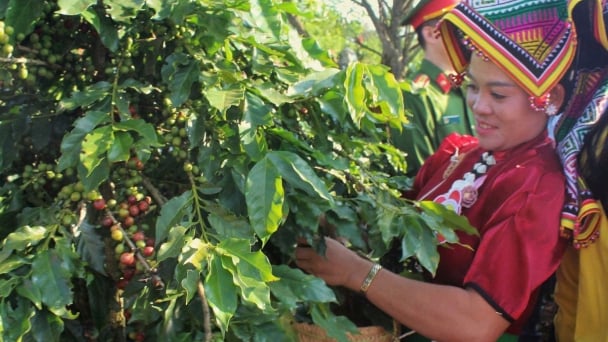
(VAN) Over 600,000 Vietnamese coffee farming households face major challenges as the EU tightens traceability and anti-deforestation requirements by the end of 2025.
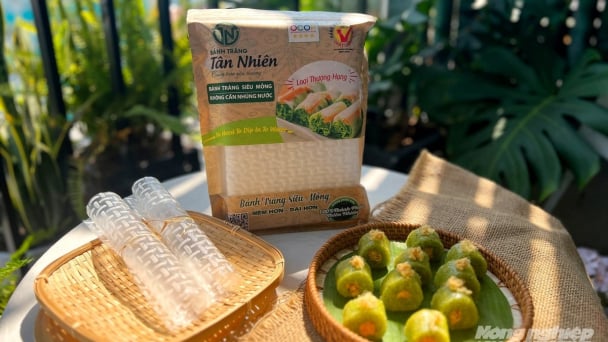
(VAN) By leveraging advanced production technology, Tan Nhien has exported Vietnamese rice paper to over eight countries, winning over customers with its convenience and quality.

(VAN) Ministry of Agriculture and Environment, in coordination with relevant parties, is finalizing the legal framework to enable carbon credits from JCM projects to be traded smoothly on Vietnam's carbon exchange.
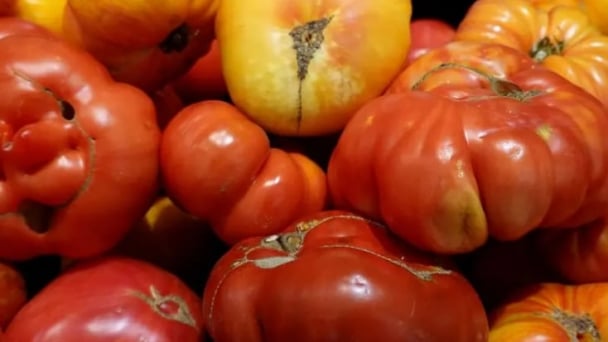
(VAN) Food prices have been quickly climbing for years now, and now there’s another staple that could see prices soon shoot up: tomatoes.
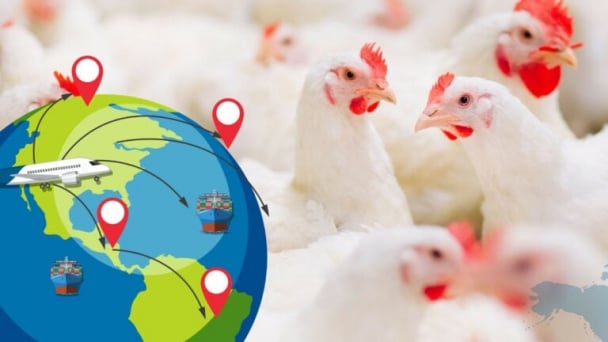
(VAN) According to the latest global poultry report by RaboResearch, the outlook for the global poultry markets will be shaped by geopolitics and avian influenza.
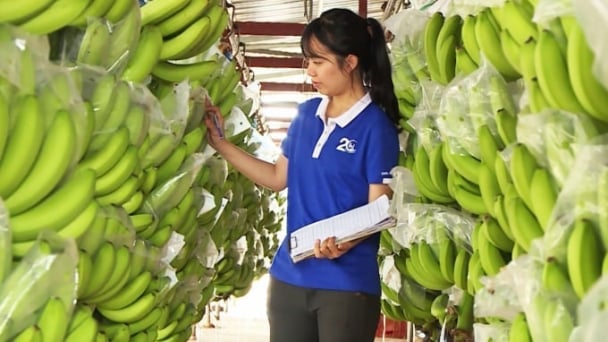
(VAN) The value is not commensurate with the vast output. The banana industry is under pressure to standardize and transition to green, high-tech production in order to increase its competitiveness and expand its market.